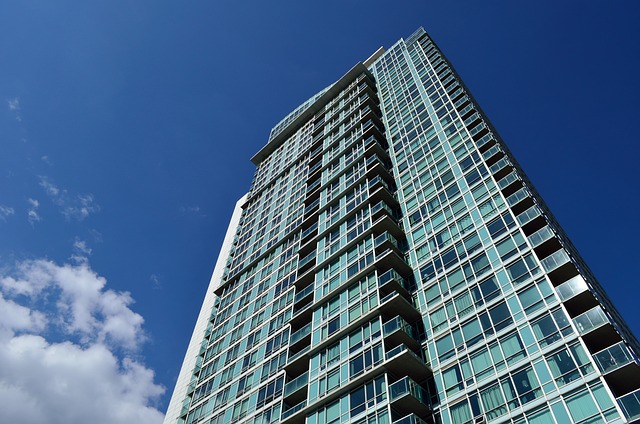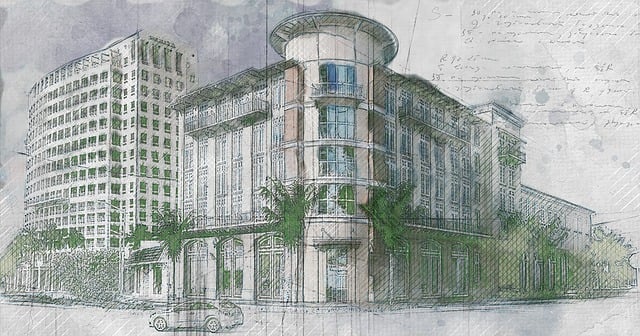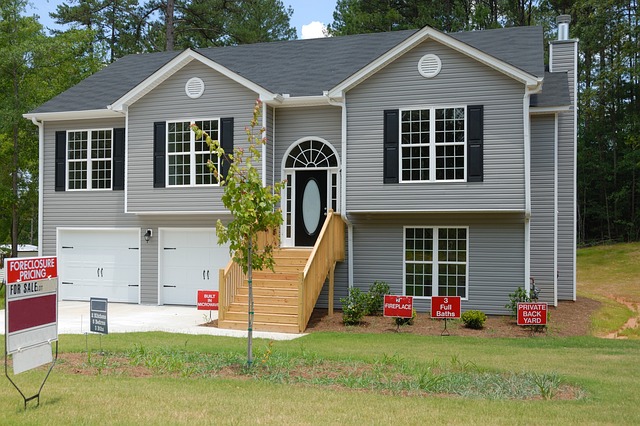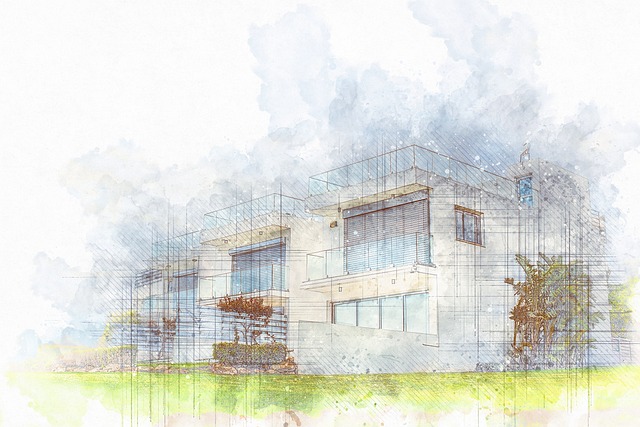Executive Condos: A Comprehensive Analysis of the Modern Urban Living Solution
Introduction
In today’s rapidly evolving urban landscape, the concept of “executive condos” has become a significant topic of discussion among architects, developers, urban planners, and policymakers. These specialized residential units are designed to cater to the needs of high-income earners who seek a blend of luxury, comfort, and convenience. This article will delve into the multifaceted world of executive condos, exploring their requirements, global impact, economic considerations, technological advancements, policy frameworks, challenges, case studies, and future prospects. By the end of this exploration, readers will have a comprehensive understanding of what executive condos are, why they matter, and where the industry is headed.
Understanding Executive Condo Requirement
Executive condos are not just residential units; they represent a lifestyle choice for affluent individuals who demand exclusivity, privacy, and top-notch amenities. Thesecondos often come with high-end finishes, state-of-the-art facilities, and strategic locations that offer easy access to business hubs, cultural centers, and recreational spaces. They are a testament to the growing trend of urban living that blends seamlessly with work and leisure. The core components of an executive condo typically include spacious living areas, modern security systems, smart home features, premium materials, and concierge services.
Historically, the concept of executive condos emerged as a response to the changing demographics and lifestyle preferences of the urban elite. These residences have evolved from being mere high-rise apartments to sophisticated, self-contained communities that offer a holistic living experience. The significance of executive condos lies in their ability to create an environment where luxury and functionality coexist, catering to the demands of modern executives and professionals.
Global Impact and Trends
The influence of executive condos is not confined to a single region but is a global phenomenon. Cities like New York, London, Singapore, and Dubai have seen a surge in demand for such residences, reflecting a trend towards high-density, high-quality living spaces. The impact of executive condos on the global real estate market is significant, as these properties often set benchmarks for design, sustainability, and luxury.
Trends shaping the trajectory of executive condos include a greater emphasis on eco-friendly designs, integration with smart city infrastructure, and the incorporation of wellness and health amenities. The global financial crisis and subsequent economic shifts have also influenced investment patterns in this sector, with developers increasingly focusing on sustainability and resilience in design.
Economic Considerations
From a macroeconomic standpoint, executive condos play a crucial role in the real estate market. They often represent high-value transactions that can stimulate economic growth by creating jobs, driving investment, and contributing to the overall development of urban areas. Market dynamics for these properties are influenced by factors such as economic stability, interest rates, and currency fluctuations.
Investment patterns in executive condos are also shaped by the perceived value they offer, which includes not just the physical property but also the lifestyle it represents. These investments can be a hedge against inflation and a safe haven for wealth preservation and growth. The role of executive condos within economic systems is multifaceted, influencing not only the real estate sector but also contributing to the broader service industries that cater to the needs of their residents.
Technological Advancements
Technology has been a driving force behind the evolution of executive condos. Smart home technology, energy-efficient systems, and advanced security features are becoming standard in these properties. The integration of IoT (Internet of Things) devices allows for enhanced living experiences, with residents being able to control lighting, temperature, and even access to their homes through smartphones or voice commands.
The future potential of technology in executive condos is vast. Developments such as AI-driven building management systems, biometric security enhancements, and personalized home automation are set to redefine the living experience for residents. The role of technology will only become more pronounced as it continues to shape the design, functionality, and sustainability of these residences.
Policy and Regulation
The governance of executive condos is guided by a complex web of policies and regulations that vary by jurisdiction. These include zoning laws, building codes, land use planning, and real estate regulations. In many cities, there are specific zoning categories reserved for high-density residential developments like executive condos.
The legislative framework also addresses issues such as privacy, security, and community living standards. Policies that promote sustainable development and encourage the integration of green technologies in buildings are particularly influential. The regulatory environment must balance the interests of developers, residents, and the broader community to ensure that executive condos contribute positively to urban environments.
Challenges and Criticisms
Despite their popularity, executive condos face several challenges and criticisms. Concerns about gentrification and the displacement of lower-income residents are often raised when such developments are proposed. There is also a debate around the sustainability of such high-density living, especially in light of increasing urban populations and climate change.
Developers and planners must address these criticisms by ensuring that executive condos do not exacerbate social disparities but instead contribute to inclusive and sustainable urban communities. This involves creating mixed-income neighborhoods, investing in public amenities, and ensuring that these developments serve the needs of a diverse population.
Case Studies
Numerous case studies from around the world illustrate the impact and influence of executive condos. Projects like The Ocean in Mumbai, One Hyde Park in London, and 432 Park Avenue in New York City have set benchmarks for luxury living and architectural excellence. These developments offer insights into successful execution, innovative design, and responsive management that cater to the needs of affluent residents.
Future Prospects
The future of executive condos is likely to be shaped by demographic trends, economic conditions, and technological advancements. The rise of the global middle class, particularly in Asia and Latin America, suggests a growing demand for premium residential properties. Economic stability and favorable investment climates will continue to influence market dynamics.
In terms of design and functionality, executive condos will likely become even more integrated with smart city infrastructure and sustainable living practices. The integration of health and wellness features, along with community spaces that foster social interaction and engagement, will be key differentiators for future developments.
In conclusion, executive condos represent a significant and evolving segment of the global real estate market. Their role in urban development, economic growth, and lifestyle trends is multifaceted and influence a wide range of stakeholders. As we look to the future, it is clear that these residences will continue to adapt and innovate to meet the changing needs of their residents and contribute positively to the cities they inhabit.
Note: This article serves as a high-level overview of the executive condo market and its various dimensions. For detailed analysis or specific case studies, further research into individual markets and projects would be necessary.
In Singapore, Executive Condominiums (ECs) within the Housing & Development Board (HDB) system cater to high-income families seeking luxurious living. With specific eligibility criteria, including income limits, family size, and previous home ownership, EC…….
Executive condos, with their luxurious amenities and convenient access, offer a lucrative rental income opportunity for investors catering to high-net-worth individuals. The growing Executive Condo Requirement is driven by factors like location near city cente…….
Executive condo maintenance fees are essential for prospective buyers, covering extensive services that maintain luxury standards. These include 24-hour security, cleaning, and property upkeep, with varying costs based on property age, size, and amenities. Car…….
Understanding the Executive Condo Requirement is vital for those seeking luxurious living spaces designed for executives, offering spacious floor plans, modern designs, and premium amenities like smart home technology. When choosing a location, balance conveni…….
Understanding and adhering to strict Executive Condo Requirements are crucial for buyers aiming to acquire premium residential spaces. This involves meeting income, occupation, and financial stability criteria, as well as providing comprehensive documentation…….
In Singapore's Hougang, aspiring Executive Condo buyers must meet specific government criteria, including income limits and a 5-year occupation period, to ensure affordability for middle-income earners. These modern, smart homes offer luxurious amenities…….
In Hougang, Singapore's bustling hub, understanding Executive Condo requirements is key for buyers seeking affordable luxury. These apartments cater to high-income earners, offering larger spaces than HDB flats but smaller than private condos. Government…….
Understanding the Executive Condo Requirement is vital for buying properties near Singapore's MRT stations. This requires meeting income (S$12,000+ per month), occupation, and home ownership history criteria, along with physical attributes like minimum fl…….
After a decade, Executive Condos face evolving market dynamics that impact resale value. To maximize potential, owners must stay informed about changing buyer preferences and incorporate modern amenities, design, and technology while adhering to government-set…….
The executive condo market is experiencing a resurgence due to changing consumer preferences, especially among professionals demanding low-maintenance luxury living. This trend is driven by factors like smart home technology, enhanced security, and spacious de…….









